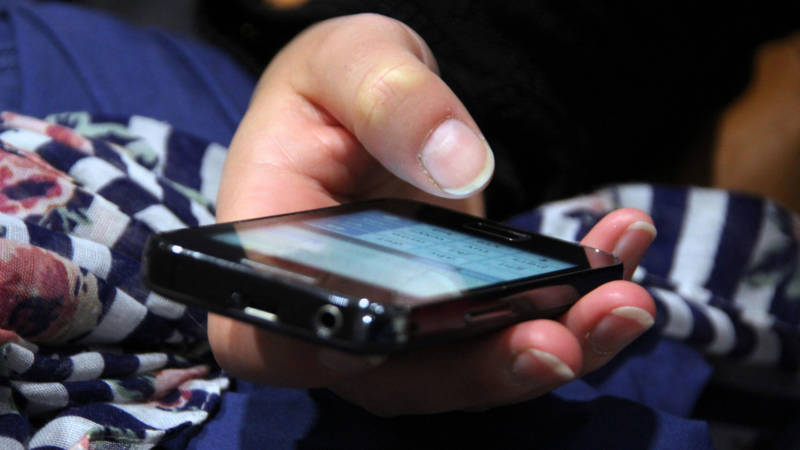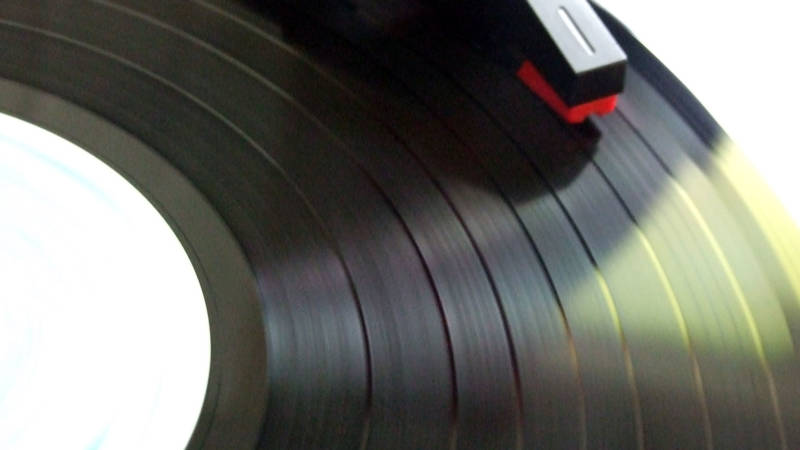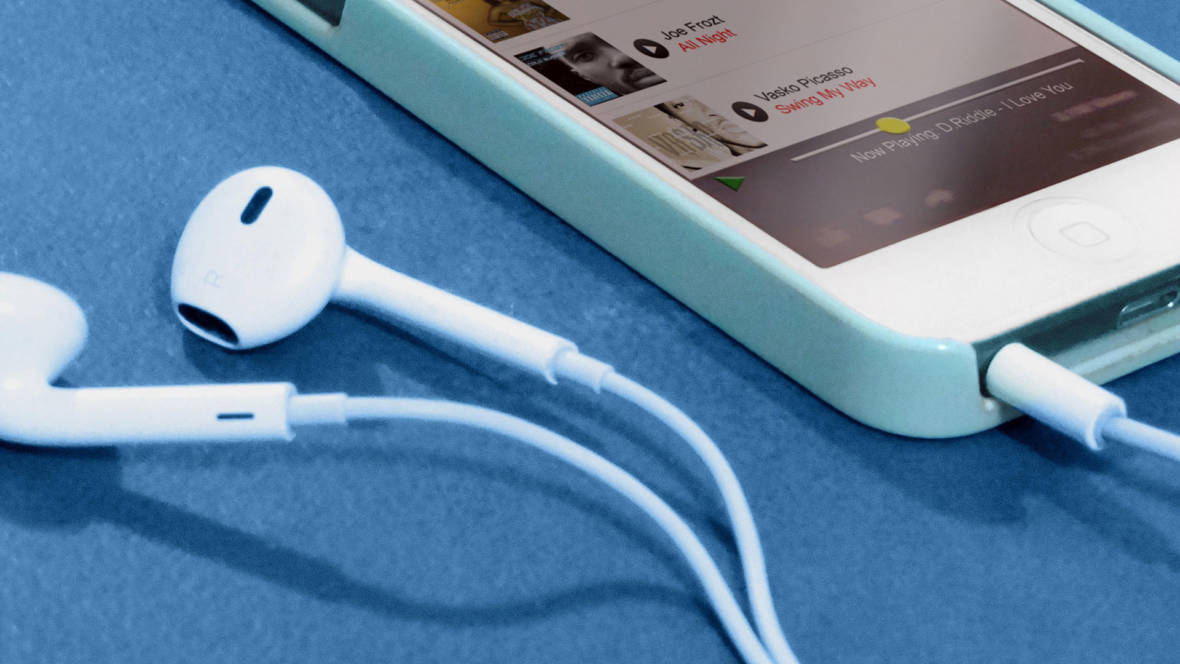Then, up until 2010, I gorged myself on full albums pilfered from the Pirate Bay. I needed to listen to every sub-genre and download whole discographies. I was a teenager and I was shameless.
Fast-forward to 2016 and to the music service streaming wars.
While Apple Music, Tidal and Spotify battle over market share, certain smaller and arguably better streaming services have been rendered collateral damage. The most recent major player to fall victim was Rdio (RIP), which I had piously used for five years. Its death may have seemed just another headline to many, but for me and other loyal music nerds it was an emotionally jarring experience: our preferred streaming platform had dropped out from under us. When Rdio filed for bankruptcy in 2015 and its service officially ended later that year, so did five years’ worth of meticulously collected albums in a single digital collection. Before, they had been streamable within a few elegant finger-taps; now users only have access to a clunky text archive.

My favorite feature on Rdio was a page which generated a simple grid of album artwork listing your followers’ “Albums in Heavy Rotation.” I didn’t need to wait for a music journalist, A&R rep or publicist to tell me what they were listening to — I already had omniscient access. I wasn’t alone, either. In 2013, Entertainment Weekly graded Rdio as the best streaming music service with a solid A rating; Spotify got an A-, and Pandora was graded second-to-last with a woeful B-, which may explain why it bought Rdio’s intellectual assets late last year.
SoundCloud is possibly on the cusp of a similar acquisition. The financially troubled company has recently added ads for users who use the free version of the service, and while SoundCloud is one of the few major streaming platforms that’s free for artists uploading their songs, the cap for uploads has been shortening. (It’s currently at three hours.) All these factors have caused serious anxiety amongst artists, labels, and listeners about SoundCloud and its ability to foster emotional connection potentially disappearing.
And that’s the thing. Music is an indisputable emotional connection, and listeners become attached to whatever device supplies it, like a Pavlovian twitch to action. Turntables, Walkmans, iPods, and now, streaming services: you learn their technological quirks, personalize them, adopt certain muscle memories in their operation, and think of them as an essential personal item. A streaming service itself will never be as psychologically intoxicating as the smell of KALX’s vinyl library, but it does become a reliable, semi-tactile part of one’s life.

Vinyl sales may be on the upswing, but that doesn’t mean people buy records to actually listen to the things. In fact, the BBC recently published a study in which 48 percent of people polled who bought vinyl in the last month admit they’ve yet to listen to it; seven percent of those polled who do buy vinyl don’t even own a turntable. And from a certain standpoint, why would they? You can’t listen to vinyl on BART after a bad date. A record player won’t let you walk along Ocean Beach listening to a playlist your best friend just sent to cheer you up. Those are the moments that we talk about when we talk about an emotional connection to the way we listen to music, and the reason why I felt such a loss at Rdio’s passing.
Many months after Rdio’s swan song, I’ve adapted, like everyone else my age who’s grown up with new technology every few years. I’m already less crotchety about having to use Spotify. I’m starting to make more of a point to read music news publications to discover music, and maybe I’m even being more forthright asking for recommendations in person.
As for the unlikely couple bridging the generational divide at the brewery? After his pontificating about vinyl and her scrolling through her phone for music, they actually exchanged phone numbers. Who knows? Maybe there’s a mixtape or Spotify playlist in their future.




